Implementing RRI in the territorial level
tetRRIS supports four European pilot territories in integrating RRI practices into their territorial research and innovation systems and development approaches. The project promotes mutual learning and interaction between the four territories and with the involvement of the research partners, it is developing tools, good practices and policy recommendations that can be used to integrate RRI in regional development in other European territories.
While there are common challenges across Europe, different territories are faced with specific challenges. Therefore, the project has four economically and socially diverse territories as pilots to extend learning opportunities across various territories in Europe. The project also seeks the adoption of RRI related practices and targets a systemic institutional transformation in the four pilot territories, which emphasises the need of an inclusive approach for the shared understanding and joint action of various actors and stakeholders.
Balanced research partnerships with four pilot case organisations
tetRRIS involves regional organisations from the four European pilot territories that are going to integrate RRI practices. These are the regional council of Tampere Region in Finland, Karlsruhe Technology Region in Germany, the development agency of Cantabria in Spain, and the regional innovation agency of South Great Plain in Szeged in Hungary. The consortium was built on the rationale of experience, complementarity and social impact potential. The four pilot case organisations are assisted by the following research partners: VTT Technical Research Centre from Finland, Fraunhofer Institute for Systems and Innovation Research from Germany and Tecnalia Foundation from Spain.
The scientific coordinator of the project is YAGHMA, a Dutch SME specialised in the development of sustainable key performance indicators, designing of suitable actions, and monitoring value performance. The communication and dissemination activities of the project is carried out by EURADA, the European Association of Development Agencies.
After some months of operation, the project has been running smoothly. Complementarity has been achieved by assigning roles to partners in areas wherein they can excel. For example, the different thematic cases are based on partners’ interests, expertise and previous experience. Furthermore, all partners are knowledgeable of social impact in different but complementing contexts. These different approaches and views support well the development of territorial responsible research actions in the pilot regions and wider in Europe.
Useful outcomes for regional practitioners and academics
The first action of the project involves the cooperation of research partners in mapping regional actors in such a way that actors that were not previously included in smart specialisation strategies would be activated. Labs, civil-society organisations, firms, etc. have been identified and using Participatory Action Research principles, these actors are now being integrated into the active definition and revision of the second generation of smart specialisation strategies. On this basis, the regional organisations are identifying together with their stakeholders, concrete interventions to more deeply and systematically integrate RRI into the territorial innovation systems.
After the implementation of actions and interventions to further integrate RRI into the regional development policy in the four territorial pilots, tetRRIS will organise several policy labs as a space for structured exchange between the regional partners and stakeholders, to facilitate mutual learning, networking, and the creation of enriching synergies between the regions. The labs will be organised in four sessions at the European level, to bring together the pilots and other regions. The first three sessions will each focus on a different pilot territory and thematic issue related to RRI. The final session will draw together and validate the key learnings generated in the lab and by the pilots.
With the lessons learnt, tetRRIS will provide actionable tools, good practices and recommendations for policy makers and stakeholders. Two sets of materials will be produced. First are policy briefs for practitioners in each of the four pilot territories, outlining tools, good practices and policy recommendations tailored to their specific circumstances. Second is a more general handbook for practitioners elsewhere in Europe, summarising the experiences, tools, good practices and illustrative examples generated by tetRRIS to support them in embedding RRI in their regions’ innovation systems and development policy approaches.
Hits: 276

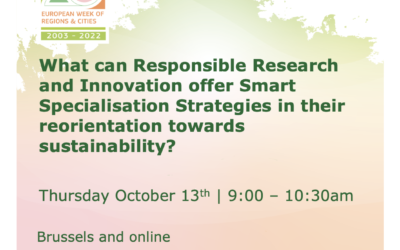

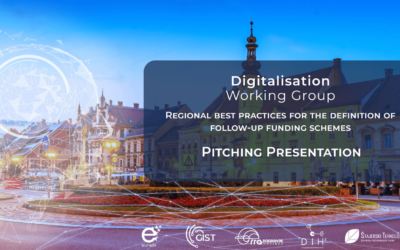

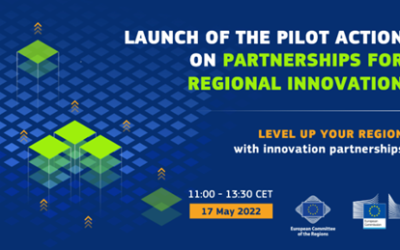
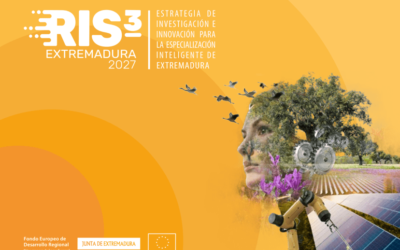


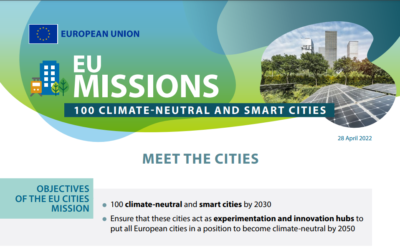
0 Comments